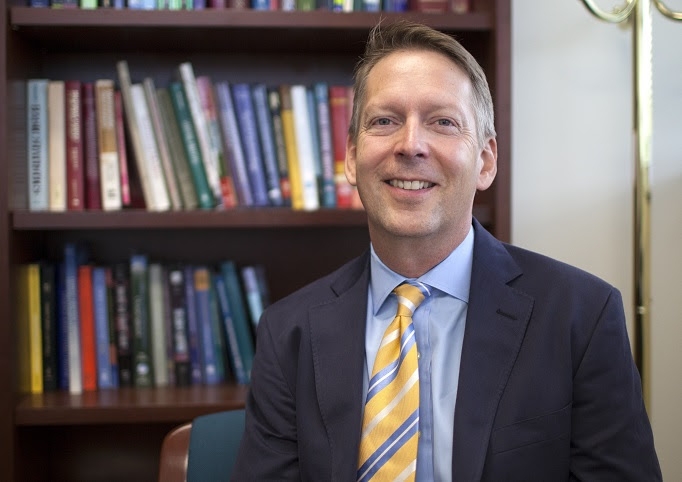UF Health research shows perceived discord in health recommendations saps public confidence
University of Florida (UF) Health News
By Bill Levesque
Gainesville, Florida — Amid many Americans’ distrust of health recommendations from government health agencies and scientists, one person stands above the fray. Your doctor.
A new University of Florida Health study shows that Americans’ trust in their doctor’s health recommendations remains as strong as ever — 95% in this survey — even after four tumultuous years of a COVID-19 pandemic that, in many ways, divided Americans on questions of preventive medicine and trust in national health institutions.
The study, published July 25, 2024 in the journal Frontiers in Medicine, shows that scientists and health agencies are not faring as well as physicians.
UF Health researcher and study lead author Arch G. Mainous III, Ph.D., said these trends are less surprising than the reason confidence is falling.
Americans indicate they lose trust in the accuracy of health recommendations by scientists and governmental health agencies when they perceive that those guidelines frequently change, the study said. That leads them to think the recommendations are inaccurate and based on something other than science.
Guidelines do, of course, change, as science advances, although perhaps not as quickly as many people think, Mainous said. The mere perception, true or not, nonetheless strongly influences whether Americans are willing to follow health advice.
“Although science and new studies are always changing our knowledge of disease and treatments, this process of scientific discovery seems to be confusing to the general public and undermines their confidence in the health information provided by government health experts,” he said.
Mainous is a professor in the UF College of Public Health and Health Professions’ Department of Health Services Research, Management and Policy and the UF College of Medicine’s Department of Community Health and Family Medicine, where he also serves as vice chair for research.
Americans trust their doctors because they have a unique physician-patient relationship that might span years or even decades. That personal connection builds confidence in their recommendations compared with someone they’ve never met.
Mainous believes a solution is to focus more intensely on having doctors communicate health recommendations to patients and to rely less on agencies elevating the profile of their leaders by communicating directly to the public. That has clearly been counterproductive, he said, creating lightning rods where public anxiety and anger become focused.
Mainous and colleagues drew a nationally representative sample of nearly 6,000 adults from the federal Health Information National Trends Survey, or HINTS. The survey tracks Americans’ knowledge and attitudes about health information.
Among other questions, volunteers were asked about their trust in doctors, scientists, and governmental health agencies and how frequently they thought health recommendations changed, conflicted, or contradicted each other.
The study revealed high trust in doctors among respondents, about 95%, versus 84% in scientists and 70% in health agencies. An analysis also showed that 65% of respondents who thought recommendations changed often were less likely to trust the agencies and their scientists. About 82% of those who thought guidelines did not often change reported high trust.
Only 18% of those polled had high trust in health information on social media.
“A new strategy needs to be considered to improve the health of patients who may have a low trust in government health agencies but high trust in the information provided by their physician,” Mainous said. “This new strategy would build on a known way of providing medical information to patients — through the power and trust inherent in the patient-physician relationship.”
Health agencies should continue to provide health information to patients, an integral part of public health, he said.
“But they need to focus more on letting individual physicians be the ones to disseminate agency recommendations to patients,” Mainous said.
Ultimately, he said, doing that will allow agencies and their scientists to recover this loss of faith.
